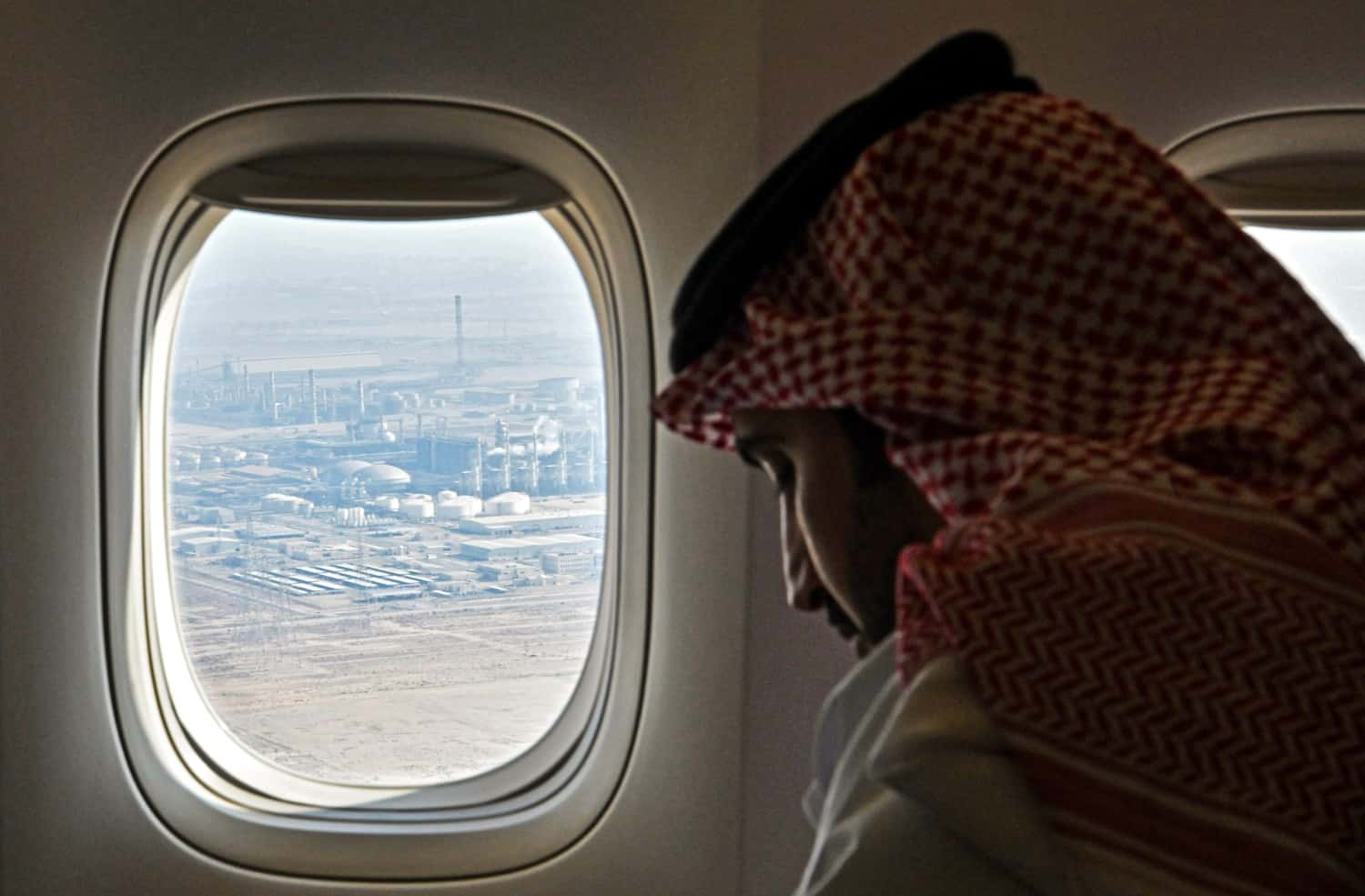Despite the growing momentum behind the shift to fully renewable energy, Saudi Arabia continues to expand its oil and natural gas output, reflecting Riyadh’s belief that the world would not be able to leave traditional energy sources rapidly.
Saudi Arabia is the world’s second-largest oil producer, producing more than 10 million barrels of crude per day before the pandemic, and it plans to produce 13.5 million barrels by 2027, as well as 23 billion cubic feet of gas by 2030.
Despite its national policy to diversify the economy and lessen reliance on oil, Riyadh maintains, in word and deed, that it is still too early to dismiss oil’s role in the global energy market, as well as in the country’s national income.
More investments

Despite Crown Prince Mohammed bin Salman’s announcement late last year that the country aspires to be carbon neutral by 2050, Saudi Arabia has repeatedly stressed the folly of nations seeking to dramatically curtail oil and gas output in response to climate change.
According to the Minister of Energy, Prince Abdulaziz bin Saudi, the kingdom expects to invest more than $100 billion in clean energy production and more than $38 billion in energy distribution by 2030.
The Minister previously declared that the world will be unable to disregard oil and gas as essential sources of energy soon and that oil will remain a primary energy source for decades, adding that his country will increase its investment in the oil sector in the next years.
During a lecture at the International Petroleum Technology Conference in the capital, Riyadh, he stressed that a lack of investment has resulted in a rise in energy costs and that the kingdom is continuing to invest and boost production levels.
For his part, Saudi Aramco Chairman Yasir Al-Rumayyan remarked that the energy revolution entails strengthening all energy sources and that electric vehicles make up less than 1% of the global fleet.
Al-Rumayyan noted that oil and gas are and will continue to be a part of the global energy transition for decades to come.
Proper caution is required.
Julian Lee, an energy specialist for the American newspaper “Bloomberg,” verified the kingdom’s concerns against disregarding fossil fuels, writing in a December 21, 2021, article that Prince Abdulaziz “was accurate when he warned of the drop in investments in the oil and gas resources.”
Riyadh has previously warned that global oil output might fall by 30 million barrels per day by the end of the decade due to insufficient investment in exploration and development of new resources, resulting in the production of fewer than 70 million barrels per day.
According to Lee, Saudi comments about the significance of injecting more global capital into oil and gas projects show that the Saudi government believes that these two forms of energy would remain a foundation of fuel for a long time.
Lee pointed out that even the International Energy Agency, which is pushing for a halt to new oil development projects, anticipates oil demand maintaining near pre-pandemic levels by 2030.
The agency predicted that oil demand in 2023 would climb by 500,000 barrels per day, or 0.5 percent less than before the epidemic.
In the agency’s “sustainable development” scenario, advanced economies are expected to attain net-zero emissions by 2050, China by 2060, and all other economies by 2070 at the latest. At the end of the present decade, the decline is anticipated to be just 9 million barrels per day or 9 percent.
According to Lee, the world will still require approximately 90 million barrels per day by 2030, implying a supply gap of 21 million barrels per day, which is more than what the US consumed in 2019, according to the Saudi oil minister.
New gas discoveries
Saudi Arabia revealed several new gas discoveries in numerous parts of the country on February 27, 2022. Prince Abdulaziz bin Salman was quoted as declaring that “Aramco” has discovered natural gas resources in the central region, the Empty Quarter, the northern and eastern borders, and the city of Arar, which holds billions of cubic feet of gas.
Saudi Arabia is the world’s sixth-largest gas producer, with 4.5 percent of the world’s gas reserves and a yearly production of more than 326 trillion cubic feet. In contrast, the Aramco field will generate 2.2 billion cubic feet by 2036.
Oil continues to play a significant role in the energy market, and it is unlikely that Saudi Arabia or the rest of the world will be able to give it up quickly by 2030.
According to Vision 2030, Saudi Arabia intends to use the proceeds from oil investments to fund clean energy initiatives and exploit oil resources to support other industries such as tourism.

